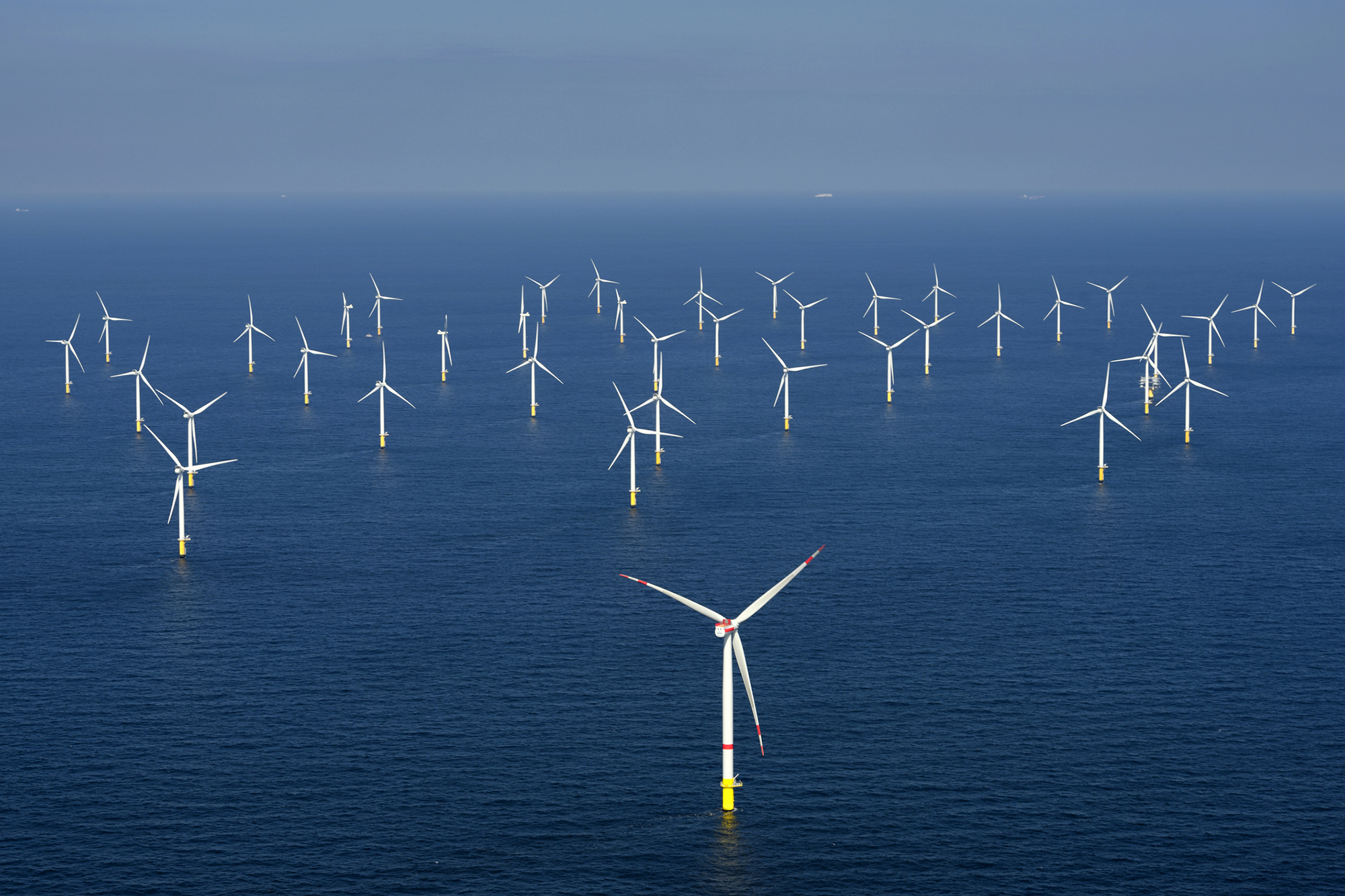How do oil companies balance the increasing call for low-carbon projects when the majority of their investments are in fossil fuels? Wharton’s Arthur van Benthem, associate professor of business economics and public policy, specializes in environmental and energy economics. He looks at the case of a Danish energy company that successfully transitioned its investments into green energy, and considers whether other global oil companies can do the same.
Van Benthem writes: “The world’s largest developer of offshore wind farms, Ørsted, was formerly known as DONG—Danish Oil and Natural Gas. Founded in the 1970s to develop and manage Denmark’s oil and natural gas resources, the company expanded into the electricity sector in the 2000s. By the late 2000s, climate regulations in Denmark and the European Union started to ramp up. Tremendous community opposition dogged the completion of a new coal-fired power station in Northern Germany. In 2009, DONG’s management took a bold step. They saw the world was heading in a new direction, and decided to be ready for a world in which green investments would pay off and brown investment would become stranded.
“DONG’s ‘85/15’ vision aspired to flip the company’s activities from 85% fossil to 85% green. In the following years, the company was renamed Ørsted and quickly became a superpower in wind energy.
“Is Ørsted’s case a signpost of what is about to happen to other oil companies? Undoubtedly, they feel pressure from financial markets to change how they operate and what they invest in, but the answer is subtle and differs for each supermajor. Ørsted, of course, is a bit of a special case. The company was controlled by a stable and predictable government with strong climate ambitions, already had experience in offshore wind in the 2000s, and did not face much shareholder pressure even in the face of a radical change in strategy.”
Read more at Kleinman Center for Energy Policy.








